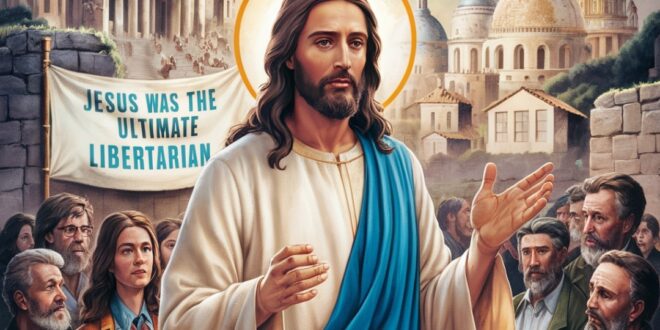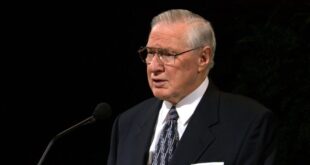Jesus of Nazareth can be viewed as a revolutionary figure who challenged the established power structures of his time, embodying principles that resonate with modern concepts of individual liberty and anti-authoritarianism. In first-century Judea, where religious and political powers were deeply intertwined, Jesus’ teachings posed a significant threat to the status quo.
Central to Jesus’ message was the idea of personal spiritual autonomy. He encouraged individuals to prioritize their direct relationship with God over blind obedience to religious or governmental authorities. This radical notion undermined the control of both the Jewish religious elite and the Roman occupying force, as it empowered individuals to question and challenge unjust laws and practices.
Perhaps Jesus’ most iconic act of defiance was his disruption of the money-changing operations in the Jerusalem Temple. By overturning the tables of the money changers, Jesus directly confronted the corrupt system that exploited religious devotion for economic gain. This dramatic gesture was more than just a critique of financial practices; it was a symbolic challenge to the entire power structure that blended religious authority with economic and political control.
The threat Jesus posed to the established order became increasingly clear as his influence grew. In response, the religious authorities and the Roman government, despite their usual animosity, found common ground in their desire to eliminate this troublesome figure. The biblical narrative suggests that the Jewish leaders even went so far as to bribe the Romans to ensure Jesus’ execution, demonstrating the lengths to which entrenched powers will go to protect their interests.
Jesus’ crucifixion, a punishment typically reserved for political insurgents, underscores the political nature of his perceived threat. By silencing Jesus, the authorities hoped to quash the movement of individual empowerment and institutional criticism that he had sparked.
The story of Jesus serves as a powerful historical example of the conflict between individual liberty and authoritarian control. His life and death illuminate the risks faced by those who dare to challenge corrupt systems and advocate for personal freedom. In many ways, Jesus’ struggle against the oppressive institutions of his time mirrors ongoing battles against government overreach and the suppression of individual rights, making his story as relevant today as it was two millennia ago.




